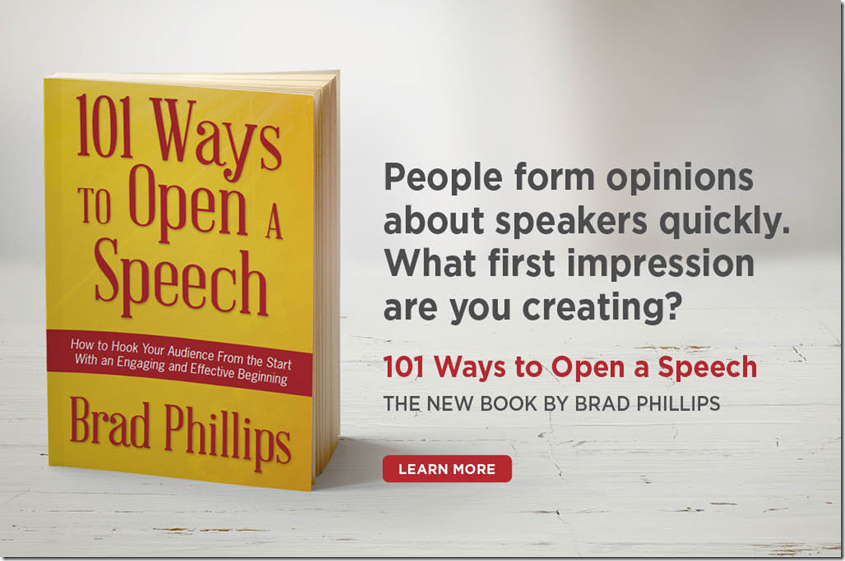How To Change Someone’s Mind: Four Nuggets From New Research
Presentations and media interviews are usually intended to persuade audiences of something. But given how resistant people are to change, how can you persuade someone to move to your side of an issue?
Four researchers from Cornell University recently looked at how people participating in good-faith discussions in an online Reddit community called “ChangeMyView” were most effective at convincing others.
While it’s true that the lessons from online discussions don’t transfer perfectly to in-person communication (and that some in-person communication isn’t conducted in good faith), what struck me was how many of their findings coincide with the best practices of media interviewing and public speaking.
I’ll examine four of their findings in this post—a few of which were surprising.
1. Pronoun Choice Offers Important Hints
Public speakers often struggle when trying to determine whether an audience member posing a skeptical question remains open to their ideas or are just interested in ranting. The difference is important—if it’s the former, the speaker might allow a follow-up question or two; if not, the speaker should move onto someone else.
The Cornell authors suggest that the pronouns one chooses can offer a clue:
First person pronouns are strong indicators of malleability, but first person plural pronouns correlate with resistance. In psychology, self-affirmation has been found to indicate open-mindedness and make beliefs more likely to yield. Our result aligns with these findings: individualizing one’s relationship with a belief using first person pronouns affirms the self, while first person plurals can indicate a diluted sense of group responsibility for the view.
That means an audience member using the pronoun “I” might be more receptive to your argument than someone using “we.”
2. Examples Work
A couple of years ago, I wrote a post arguing that concrete language—particularly when speaking to audiences made up of non-experts or a combination of experts and non-experts—is usually the most effective way to connect with your audience.
The Cornell research finds something similar (as summarized by The Washington Post):
The research suggests that using specific examples is a big help. Definite articles (“the” rather than “a”) are more present in persuasive arguments, suggesting that it helps to speak in specifics. Successful arguments use the phrases “for example,” “for instance,” and “e.g.” more often.
Having watched thousands of presentations in the practice room, it’s no surprise to me that examples are more likely to lead to a change in thinking than the abstractions that pervade far too much speech.

3. Hedges Have Their Place
This one surprised me and goes against the following advice I offered in The Media Training Bible:
“Spokespersons waffle more than they need to, unnecessarily reducing the impact of their communication. Their hedging may even cost them their chance to be included in news stories at all, since journalists are inclined to drop sources who won’t express a clear viewpoint.”
While that remains good advice for media interviews, the research suggests that hedges may have their place—at least at times—when trying to persuade a resistant live audience:
“Hedges indicate uncertainty; an example is “It could be the case”. Their presence might signal a weaker argument, but alternately, they may make an argument easier to accept by softening its tone.”
4. Similar Language Was Less Effective
In a blog post about managing the audience Q&A period, I wrote:
Neurophysiologist Rick Hanson writes that, “Your body generally reacts more intensely to negative stimuli than to equally strong positive ones…Negative stimuli produce more neural activity than do equally intense positive ones.” Since negative words or experiences tend to be more memorable than positive ones, it’s best to remove any negative language when restating a question posed by an audience member.
Along similar lines, the researchers found that using different words from the person you’re trying to persuade might be more effective:
“The feature with the most predictive power of successful persuasion is the dissimilarity with the original post in word usage.”
If they’re right, so much for responding by “speaking the other person’s language.”
Again, this research was conducted in a narrow online forum, so its lessons don’t translate directly to other forms of communication. But it’s worth paying attention to their findings anyway, because as the researchers concluded, “In the majority of cases…opinions are not changed.” As communicators, we need every edge we can get.
Don’t miss a thing! Click here to instantly join our mailing list and receive free media training and public speaking tips.



